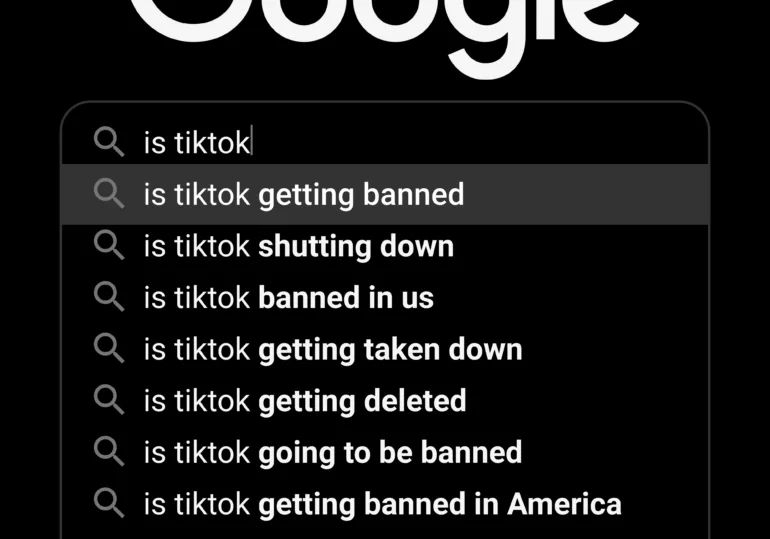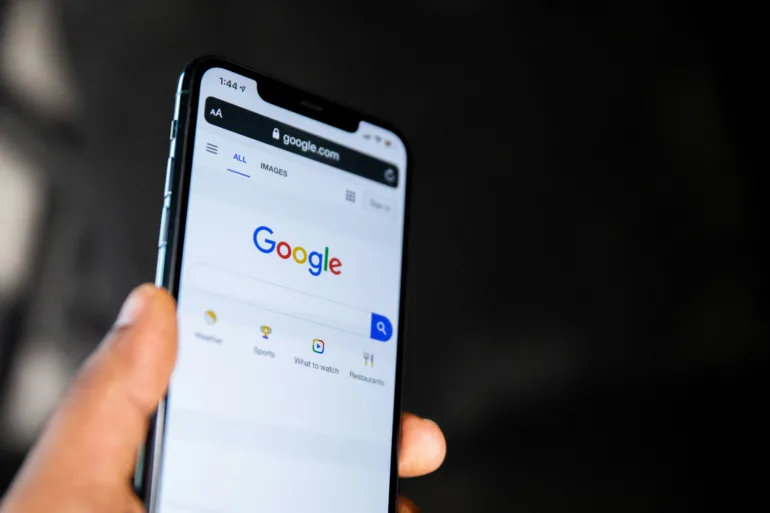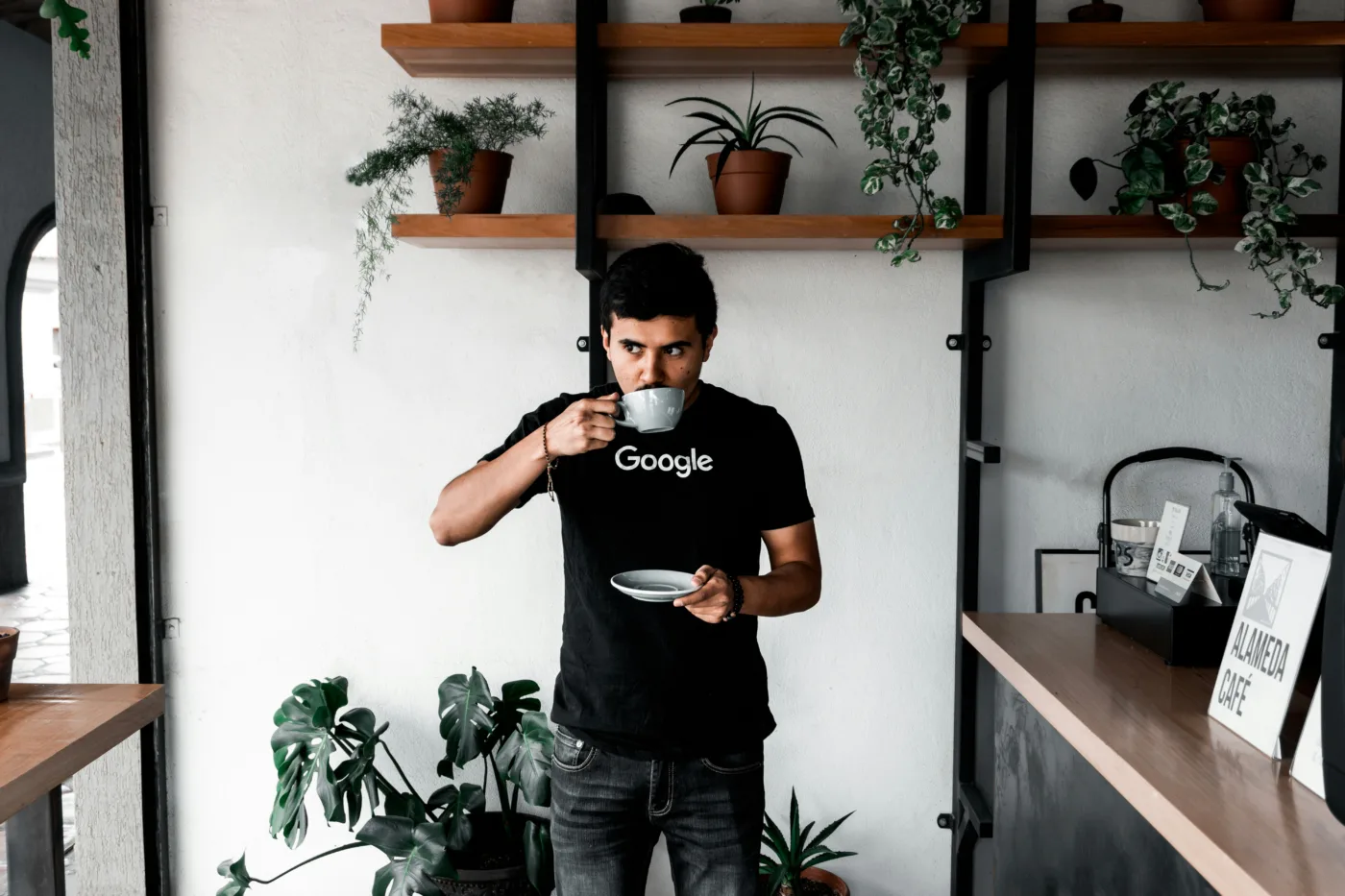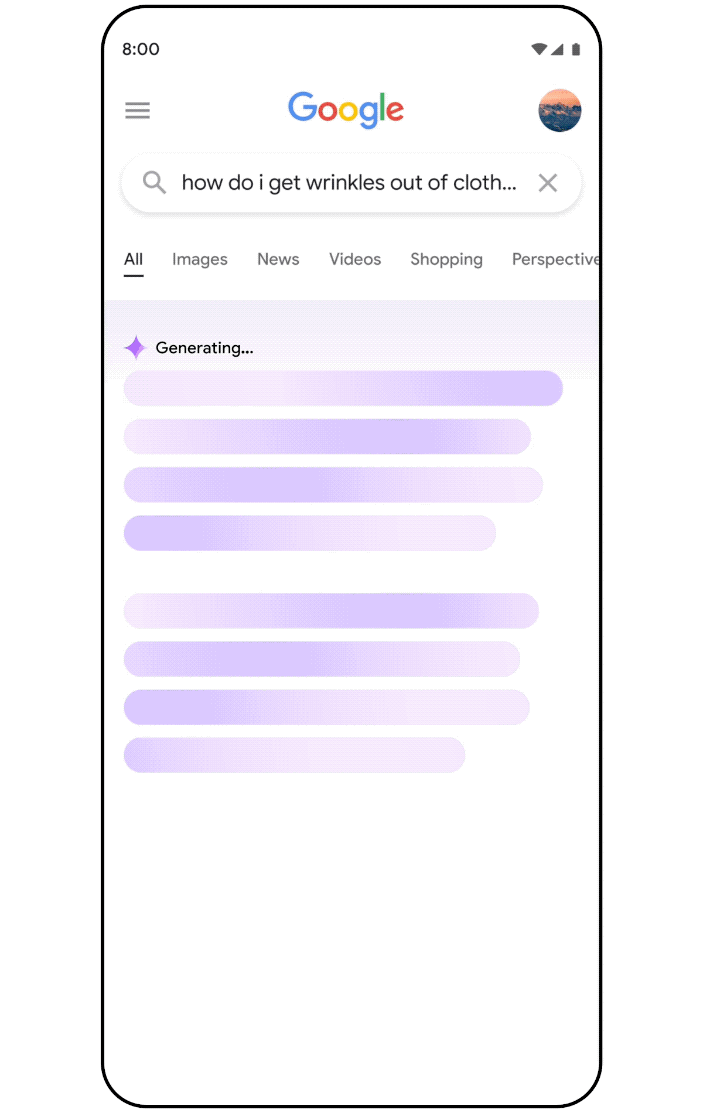Google introduces Google AI search results with answers to your questions. At the same time, AI already shows summaries of search results and advertisements in these answers. This change could affect the position of lifestyle media in search results, which will no longer be on the first pages, but will move to the second page. Is this the beginning of the end for classic media? They have more and more problems with survival.
Technology world spins faster and faster and Google there is no exception. With the new upgrade to include ads in AI digests (currently available in the US market), the question arises: What does this mean for the future of classic lifestyle media? Will users soon be getting search results solely from Google AI, with no traditional media in sight? Let's see how this move could transform the way we find and consume information.

What's happening?! And why is this dangerous for classic digital media?!
Google has just announced that they will begin testing ads in their AI search results digests in the US. This innovation includes advertisements in the "Sponsored" section, which will display relevant products based on the user's query. For example, if you search for how to get wrinkles out of clothes, you'll see ads for anti-wrinkle sprays from stores like Walmart and Instacart alongside AI-generated tips. Media results, however, will be buried far away in other search queries. In a way, Google search is becoming an alternative medium.
AI Summaries and AI Ads
Google claims that ads will only be displayed when they are relevant to the user's query and the information in the AI summary. Ads will automatically be shown to advertisers who are already using certain campaigns through Google. Google promises to continue testing and getting feedback from advertisers and the industry to improve the new ad formats.

What does this mean for lifestyle media?
As it stands, AI digests with ads could seriously affect the position of classic lifestyle media in search results. With AI digests answering user questions, there's a good chance media like magazines and blogs will be pushed lower in search results. This could reduce their visibility and consequently the visit. At the same time, their traditional value will begin to decrease.
An example from practice and dangers for traditional media
Imagine you're looking for advice on the latest fashion trends. Instead of clicking on an article from your favorite fashion blog, the AI summary takes you directly to relevant information, perhaps even with the addition of clothing ads from popular stores. Classical media, which until now dominated the first pages of search results, could lose a significant part of its audience. Namely, in addition to advertising revenue, these media also serve as affiliate marketing, customer mediation. Google is already taking on this role in the tourism segment with maps and accommodation offers. Extending this to other segments will mean absolute power over information.
Google has taken a big step towards transforming its search engine by introducing AI-generated content. Instead of offering users only links to external websites, it now offers comprehensive answers directly in the search engine. This includes everything from how to use household appliances to summaries of the day's top news. One key change is that Google AI summaries often do not cite traditional sources. The information is summarized and presented as part of Google's own content, reducing the need to visit external websites. This could have a huge impact on traditional media, as they would lose a significant portion of the traffic they currently get through search engines.
Google's strategy is clear: they want users to spend as much time as possible on their platform. With AI-generated content tailored to the user's needs, Google is becoming more than just a search engine. It is becoming a tool that offers personalized information, product recommendations through affiliate programs, and even interactive experiences.
Although it is Google has long been more than just a search engine, AI-generated content is taking on the role of a comprehensive media center. Users can get answers to their questions, read news, get user manuals and even buy products - all in one place. This brings us to the question: Is Google on its way to becoming an app for everyone?
Experts are divided on this development. Some point to potential problems:
- Concentration of Power: Google is becoming even more monopolistic as it centralizes more and more information and services on one platform.
- Effect on Media: Traditional media and websites that rely on search engine traffic may suffer significant losses.
- User experience: Some users are excited about the ease and speed of information retrieval, while others express concerns about privacy and the impact on information quality.
We can only wait: the future for digital media is getting worse
Google AI ad search results are ushering in a new era of information retrieval. While this technology appears to allow for faster and more personalized responses, it could also drastically change the ecosystem of online journalism. Classic lifestyle media will have to adapt or risk falling victim to the new technological wave.
So will we still be reading articles from our favorite magazines in the future, or will AI digests with ads take over? We will get the answer to this question soon.







